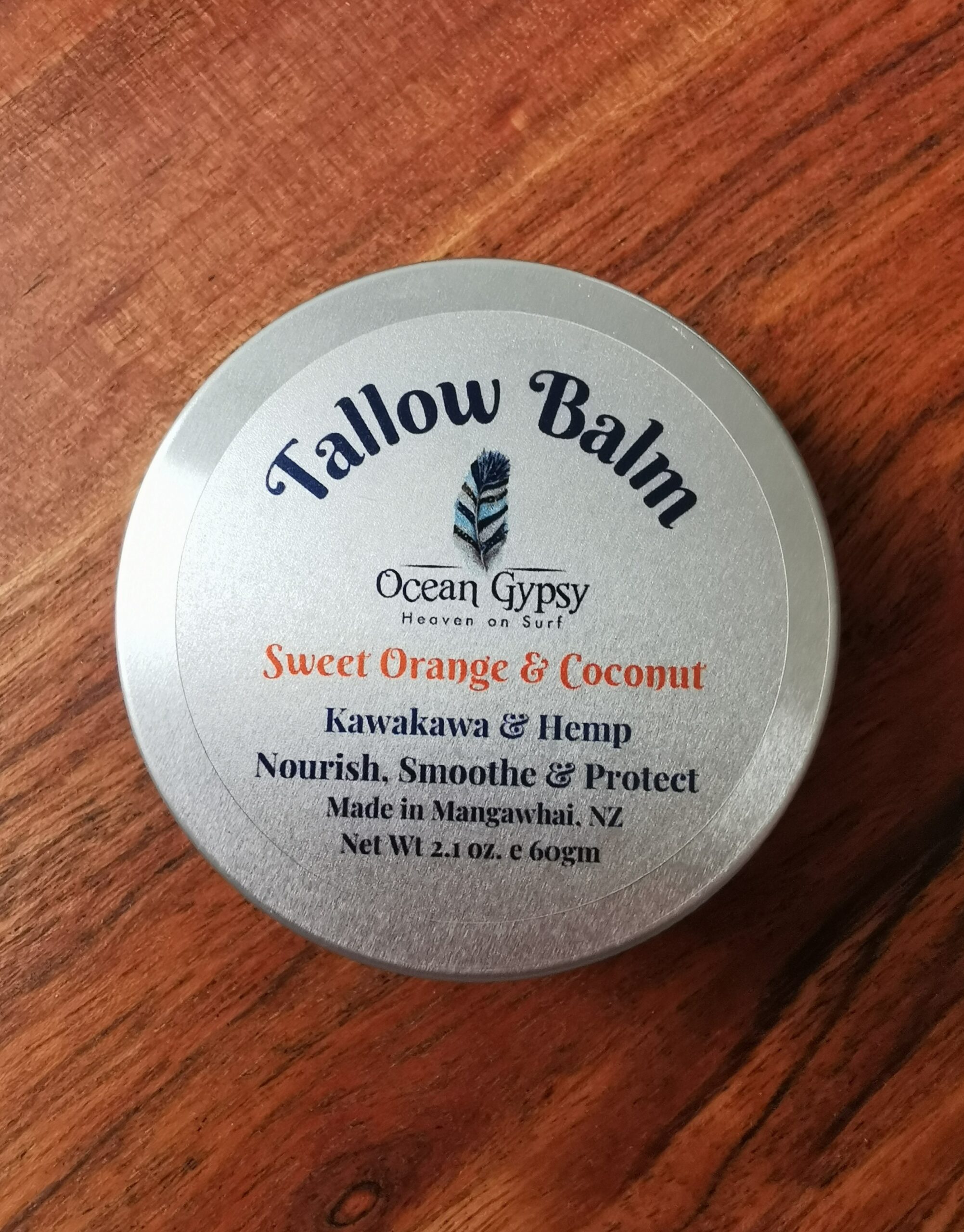Exploring the Ancient Art of Reiki Energy Healing: History, Benefits, and Practice
In a world where stress and imbalances often takes a toll on our well-being, people are increasingly turning to alternative healing modalities to restore harmony and promote holistic health. One such practice that has gained popularity is Reiki Energy Healing. This ancient Japanese technique offers a unique approach to healing, aiming to channel universal life force energy to rejuvenate the body, mind, and spirit.

A Journey through History:
Reiki, which translates to “universal life energy,” finds its roots in ancient Eastern philosophies. The practice was rediscovered in the early 20th century by Dr. Mikao Usui, a Japanese scholar and seeker of spiritual wisdom. Driven by a desire to understand the healing methods of ancient masters, Dr. Usui embarked on a quest that led him to develop the foundational principles of Reiki as we know it today. His teachings were later passed down to dedicated students, preserving the legacy of this healing art.
The Modern Revival:
Fast-forward to the present day, Reiki has evolved into a widely recognized and practiced healing technique. As stress-related ailments and emotional disturbances continue to affect countless lives, individuals are seeking holistic solutions that complement conventional medical approaches. Reiki has found its place as a complementary therapy, fostering relaxation, balance, and overall well-being. We are all energy beings so balancing the energy field allows the body to have energy flow releasing stuck emotion and energy that can come in the form of dis-ease, ali-ments, sore muscles and low mood.
Benefits of Reiki Energy Healing:
The allure of Reiki lies in its potential to restore harmony on multiple levels. Here are some of the key benefits reported by practitioners and recipients alike:
Stress Reduction and Relaxation: Reiki sessions encourage deep relaxation, allowing the body and mind to release tension and stress. The calming effects promote a sense of tranquillity and peace.
Energetic Balancing: Reiki aims to unblock and balance the body’s energy pathways, supporting the body’s innate ability to heal itself. This can help alleviate physical, emotional, and mental imbalances.
Pain Management: Reiki has been associated with reducing pain and discomfort, making it a valuable addition to pain management strategies.
Emotional Healing: By addressing energy blockages and promoting relaxation, Reiki may assist in emotional healing, helping individuals process and release stored emotions.
Enhanced Well-Being: Regular Reiki sessions may contribute to an overall sense of well-being, promoting a positive outlook and a deeper connection to oneself.
The Reiki Experience:
A typical Reiki session is a gentle and non-invasive process. Trained Reiki practitioners utilize their hands to either lightly touch or hover above specific areas of the recipient’s clothed body. The practitioner’s intention is to channel Reiki energy, acting as a conduit between the universal life force energy and the recipient. Sessions can vary in length but often last around 60 to 90 minutes.
Book Your Reiki Energy Healing Session:
If you’re curious to experience the benefits of Reiki for yourself, consider booking a session with a qualified practitioner. Clare at Intuitive Nutrition offers Reiki Energy Healing sessions aimed at promoting balance and well-being. You can reach Clare at 0272 791 786 or visit her website at www.intuitivenutrition.co.nz to learn more about her services and schedule your session.
Conclusion: Reiki Energy Healing stands as a bridge between ancient wisdom and modern well-being practices. Its rich history and reported benefits make it a compelling choice for those seeking to enhance their holistic health journey. Whether you’re looking to alleviate stress, address energy imbalances, or simply experience deep relaxation, Reiki offers a unique avenue


